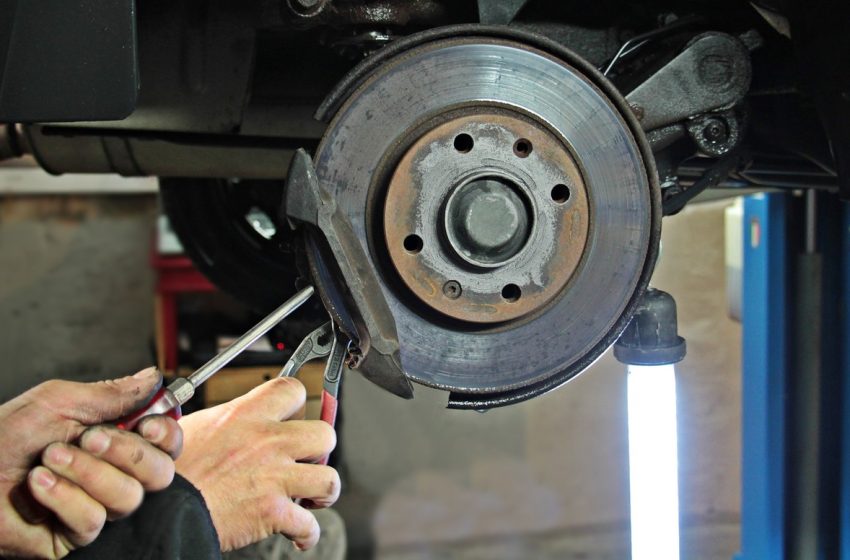Should You Replace All 4 Brake Pads At Once?

Why are Brake Pads Used?
The brake pads on your automobile are the most crucial component of your braking system. The pads are the component of the brakes that makes physical contact with and generates friction with the braking rotors to bring the vehicle to a halt. Find more about: Power Stop brakes
The braking rotors are the discs that sit behind the wheels and are flat and polished. Your vehicle’s braking pads and rotors are located at each individual wheel.
The brake pad will eventually wear down from the continual contact between these two components.
Should New Brake Pads Be Installed on All Four Wheels at Once?
You need to provide equal attention to both the front and rear brakes and rotors. Brake pads may be changed in tandem (both front and back) or independently. Your technician can handle replacing or repairing your front brake pads on their own if they wear out.
Keep in mind that the brake pads on the front and back of your vehicle wear out at drastically different rates. The front brake pads wear out quicker and need to be replaced more often since they perform the most of the job.
Signals That Your Brakes Need Attention:
- 1. The Warning Lights Will Flash
If your dashboard’s service indicator light turns on, it’s a safe bet that you require brake service. Make sure you haven’t mistakenly set the parking brake and pay attention to this light, which is normally red or yellow. If you did, a flashing “P” would appear on your instrument panel. When the parking brake is released, the indicator should go out.
- 2. Inspection Failed
An examination may reveal that your brake pads are too thin if that is a requirement in your state. Brake pad wear and the need for replacement may be detected visually by certain technicians.
If you hear squeaking, screaming, or grinding when you use the brakes, it’s an indication that the thickness of your pads is diminishing. This is the rotor metal where the brake pads scraped before they were replaced. If neglected for too long, your rotors will likely need to be replaced as well.
- 3. The Steering Wheel Is Shaking Or Vibrating
A shaky or vibrating steering wheel might be a sign of brake pad degradation, an uneven rotor, or both.As the wheel rotates, friction is generated between the rotor and the brake pad. This may cause the pad to wear out or transmit part of the force onto the rotor, which can cause a bump.
Brake pad contact with rotor defects causes vibration and wobbling. Your vehicle may also start to pull to one side. however it might possibly be because your brakes require attention.
- 4. Pressure Adjustment for Brakes
You should feel some resistance when you push down on your brake pedal. Brake repair is necessary if you feel less (or more) resistance than usual while using the brakes.
To Ensure Your Safety, Check Your Brakes Regularly
When fixing brakes, every mistake counts. You should take your car in as soon as you notice any problems with the brakes, such as worn pads or rotors.